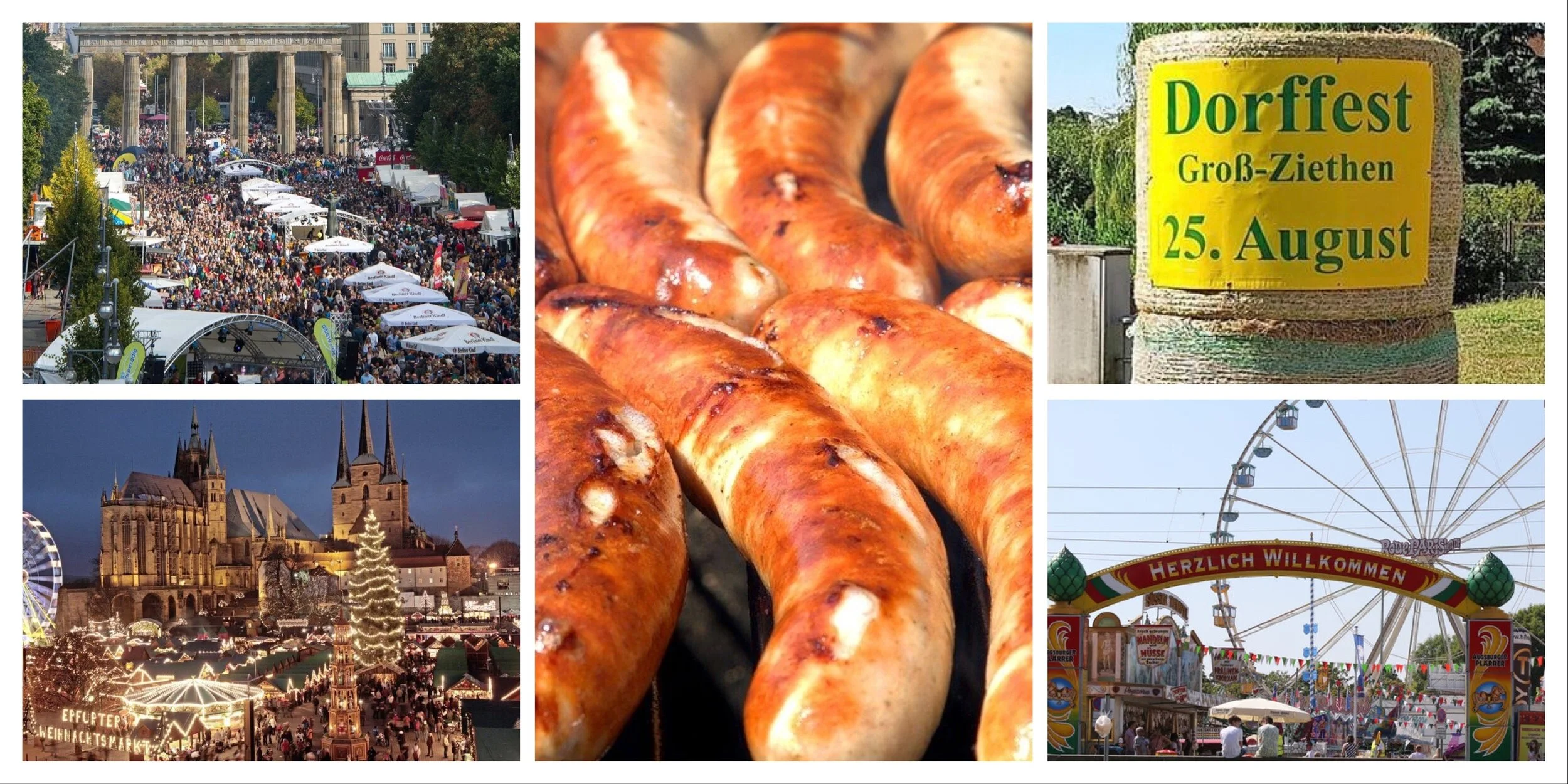Integrating the Germans
Since late 2020, I’ve technically been a German. I have the documents, ID card and receipts to prove it. It’s a privilege and not one that I take lightly. Even though I have the same rights as every other German, I’m reluctant to go the whole way and describe myself as German. Most days I feel more like a fraud, a faux-German, a plastic Bavarian. I have a severe case of nationality imposter syndrome. I feel German by my own measurement: I’ve met the standards of citizenship, I pay my taxes and I have a constantly shifting top 10 of bread products. However, my German is a work-in-progress and my job is in English, so I feel a disconnect. What doesn’t help any attempts to integrate is that Germany isn’t one thing, it’s sixteen. The idea that I or any other migrant to Germany could conform to a single version of “Germany” becomes unrealistic when you talk to people from the other Bundesländer. For example, I’m often told that what I consider “German” is actually “Bavarian”.
Cultures of behaviour, humour and language can differ drastically between certain areas of the country, even between neighbouring towns and cities. Talking with a friend recently, they mentioned that there had been tension between long standing residents and some recent “migrants” in the area. The locals felt that these new villagers were ignoring village traditions and not getting involved in community activities that were so central to life in the village. None had bothered to join a local club or take part in organising village events and it was felt that this was disrespectful. It was made very clear that new residents should integrate more and become part of the wider village community.
Photo by Gabriela Tamara Cycman on Unsplash
This kind of discussion obviously makes people uncomfortable. It’s an emotive topic, and not one that’s easy to discuss, even among friends. As the conversation continued, I began to worry that my friend and I were going to reach a point of no return, it was clear they believed that integration was vital, whereas I argued it was more complicated than joining the local sports club and singing in the amateur choir. I wondered aloud if it was because “migrants” to the village did not understand the culture, had these expectations been fully explained to them? Had the local community simply expected people to adapt to a strange new environment without first trying to support their integration in some way. My friend looked at me quizzically. ‘Nic, these aren’t normal immigrants like you.’ I held my breath; I was sure things were going to turn ugly. ‘They’re Germans, they all come from Nürnberg’.
I don’t really remember what happened next, but I know there was collective laughter at my misunderstanding. It turned out that in this context, the immigrants who had so disturbed the local village population, who caused so much conflict, actually came from 20 minutes down the road. They had moved to the village to buy houses and raise children, while still being close enough to commute to work. They were Stadtkind, who had left the noise, crowds and smog of the city behind. They wanted life in the country, the annual Jazz Night, the Dorffest, but they had no interest in organising them.
Photo by Francesco Luca Labianca on Unsplash
This put into stark relief the problem of integration. How can anyone in Germany expect peoples from vastly different cultures to integrate into German life if we still have problems integrating Germans into German life. It also made a mockery of the expectations people seem to have that immigrants from all over the world will suddenly become one particular brand of “German”. I’m not sure it can boiled down into some checklist. Politicians in the past have certainly tried, making bold statements about the need for a Leitkultur or a guiding culture that defines for immigrants the way they should behave, but which culture? Is it the one from the North or the South, the East or the West?
German culture isn’t homogenous and there is friction between the 16 Bundesländer. The issues faced by Southern Germans, who choose to move to Berlin, has been documented. A weird form of internal xenophobia has emerged, espoused by local politicians and reinforced by demands that these “immigrants” stop using their Southern words and adhere to the Northern Leitkultur. Here in Bavaria, I’ve lambasted students I teach for bullying others simply because they come from the east of Germany. I’ve been laughed at by other Bavarians because I prefer Nürnberger Rostbratwurst over their local preferences and I’ve laughed with a colleague who continues to greet his Bavarian co-workers with the cheery northern German greeting of ‘Moin’ every morning because he knows it annoys them. Which of these would be the guiding culture?
Photo by Dima Kolesnyk on Unsplash
I do agree that we can expect new arrivals to a country to respect the law of the land, to try and learn the language, but I think that’s about it. There isn’t much else anyone can demand. The German Constitution states “Human dignity shall be inviolable”, it mandates freedom of religion, freedom of expression and the freedom to live your life as you please within the law. If you are looking for Leitkultur, it’s all there in black and white. We don’t suddenly need new initiatives because someone didn’t help at the local bake sale, unless these periodic discussions about migrant integration aren’t really about integration at all.
It’s ridiculous to expect people to be defined by a narrow interpretation, especially when I can find a different interpretation by simply crossing the street. The process of integration is non-linear and it doesn’t occur overnight. It can take decades, centuries even. This point seems to be lost in the milieu. Will I as an immigrant, fully integrate to German culture? I might, but which one? It will inevitably be a hybrid of some kind, another type of German to sit along with the rest. I’ll still speak German with a Geordie accent, I’ll still prefer Yorkshire Tea over Kräuter Pur and I will defend Baked Beans to the death. Will this make me less German? Perhaps in some people’s eyes, but not in the eyes those who really matter.









